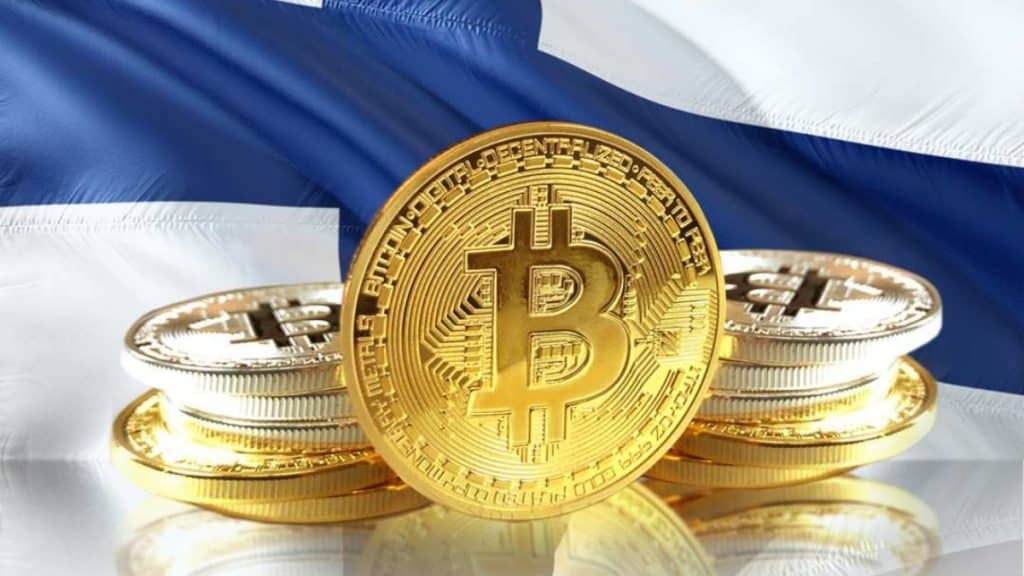Finland, a Nordic jewel known for its natural beauty and innovative strides, is carving a niche in the realm of virtual currency regulations, striking a balance between innovation and governance. Selecting a safe trading platform such as Quazar 360 Ai is essential for efficient asset protection.
Iceland: Land of Geysers and Digital Coins
In the heart of the North Atlantic lies Iceland, a nation renowned for its stunning geysers, lava fields, and a burgeoning interest in digital currencies. Iceland’s journey with virtual currency began early compared to many countries. Its unique position as a hub for data centers and geothermal energy made it an attractive location for cryptocurrency mining.
The regulatory landscape for virtual currency in Iceland has been as dynamic as its natural geysers. The country’s regulatory bodies have taken a keen interest in ensuring that digital currency operations remain within the bounds of law, offering both clarity and protection for consumers and businesses alike. Two primary regulatory entities oversee these operations. The first is the Central Bank of Iceland, which monitors the impact of virtual currencies on the local economy.
However, it’s not all smooth sailing. Like many nations, Iceland faces its share of challenges in the realm of virtual currency. On one hand, there are concerns about the environmental impact of cryptocurrency mining, given the nation’s emphasis on sustainability. On the other, there’s a need to balance innovation with security, especially with the increasing number of businesses looking to integrate cryptocurrency into their operations.
Yet, for every challenge, there’s an opportunity. The country’s abundant geothermal energy presents an eco-friendly solution to the power-intensive needs of crypto mining. Moreover, a well-defined regulatory framework can attract global cryptocurrency businesses seeking transparent and stable environments.
Finland: A Progressive Approach to Virtual Currency
Finland, often recognized for its stellar education system, picturesque lakes, and northern lights, is also paving its way as a leader in the virtual currency domain. Embracing innovation while ensuring robust consumer protection has been the hallmark of Finland’s approach to cryptocurrency.
The nation’s regulatory framework has been shaped to recognize the potential of digital currencies while addressing the inherent risks. The Finnish authorities, especially the Financial Supervisory Authority (FIN-FSA), have taken the responsibility of monitoring and guiding cryptocurrency-related operations. Their regulations not only focus on combating illegal activities but also prioritize informing the public, ensuring that both businesses and individuals are well-equipped to navigate the crypto landscape safely.
Despite its forward-looking stance, Finland, like other countries, grapples with challenges. Striking the right balance between fostering innovation and ensuring security can be demanding. As virtual currencies continue to gain traction, concerns about their volatility, potential misuse, and the integration of such currencies into traditional banking systems arise. It’s a continuous effort to adapt the regulatory framework in response to the ever-evolving nature of digital currencies.
However, the Finnish ecosystem also presents myriad opportunities. The nation’s commitment to transparency and clarity in its regulations has made it a haven for crypto entrepreneurs and businesses. By offering a stable and supportive environment, Finland is positioning itself as a hub for digital currency innovation in Europe.
In essence, Finland’s progressive approach showcases its dedication to staying ahead of the curve. By understanding the nuances of the virtual currency world and crafting thoughtful regulations, the country stands as a testament to the potential harmony between innovation and governance in the cryptocurrency realm.
Future Outlook: What’s Next for Virtual Currency in Iceland & Finland
The Nordic realms of Iceland and Finland, though distinct in their socio-economic nuances, share an intriguing trajectory in the world of virtual currency. As we look to the horizon, certain trends and speculations emerge for these two nations.
In Iceland, with its abundant renewable energy resources, there’s an anticipated growth in eco-friendly crypto mining operations. The country’s commitment to sustainability might lead to innovations that address the environmental concerns tied to blockchain technologies. Moreover, as the regulatory landscape becomes even more refined, Iceland could potentially become a global hub for green cryptocurrency mining.
Finland’s future in virtual currency seems to lean more towards integration and adoption. With its transparent regulatory framework and tech-savvy populace, it’s conceivable that we’ll see a rise in businesses, both large and small, incorporating cryptocurrency into their operations. Additionally, as Finland continues its tradition of prioritizing education, it might spearhead initiatives to increase crypto literacy, ensuring that its citizens aren’t just participants, but informed stakeholders in this digital revolution.
On the global stage, both countries could play pivotal roles in shaping international cryptocurrency regulations. Their combined experiences—Finland’s integrative approach and Iceland’s sustainable mining practices—might offer invaluable insights for nations navigating the complexities of virtual currency.
Conclusion
Through its progressive stance on cryptocurrency, Finland showcases the potential of harmonizing cutting-edge digital finance with thoughtful governance.

